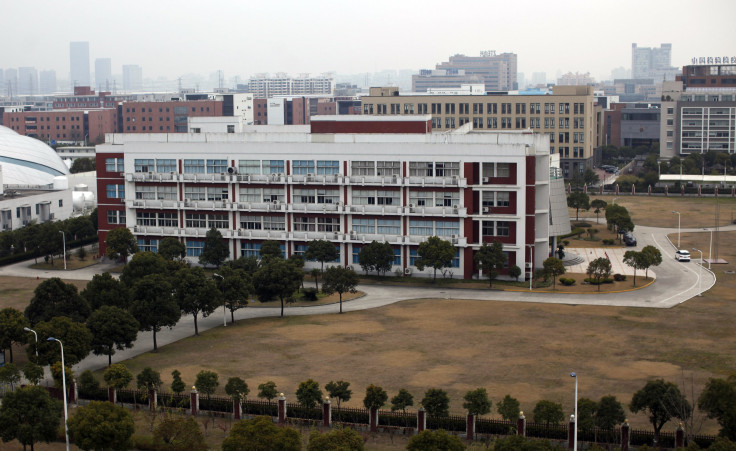China's Government Anti-Corruption Campaign Now Targeting University Faculty For Illegal 'Decadence'

China’s massive anti-corruption campaign is responsible for taking down some of the country’s highest-ranking officials who were caught misusing public funds. Members of the Communist Party have been the main target for the campaign, but now anti-corruption officials are saying public universities and the academics that run them are a hot bed for illegal “decadence.”
The Ministry of Education named and shamed multiple university employees this week who had broken rules as they relate to “righteous life and work styles,” a Party-phrase for a breach against rules and regulations about acceptable behavior outside of the classroom, China’s state-run Xinhua News Agency reported. The ministry called out three universities that were at the center of five cases where employees used public funds to pay for unauthorized expenses, made fraudulent retirement compensation claims, and accepted financial gifts as wedding presents.
Faculty members at Tongji University’s School of Economics and Management in Shanghai were found to have paid for various international trips using public funds in July 2013. In another case, the deputy general manager of Beijing’s Jiaotong University’s logistics industry group, Yang Jinquan, was found guilty of accepting cash sums at her daughter's wedding last November.
The offenders were doled out their punishments, including fines and disciplinary warnings. While the punishments were relatively lenient, the government’s mild response to corruption within public universities is expected to only become less tolerant as the crackdown continues.
As government owned entities, universities and employees are all expected to comply with government-imposed restrictions like President Xi Jinping’s anti-corruption campaign, which was introduced by the Politburo of the Communist Party at the end of 2012. The shift toward austerity was aimed at weeding out rampant corruption within the Party and has been effective. At the end of 2014, more than 100,000 officials had been reprimanded for breaching the new policies since 2012, the government’s Central Commission for Discipline Inspection reported.
© Copyright IBTimes 2024. All rights reserved.












